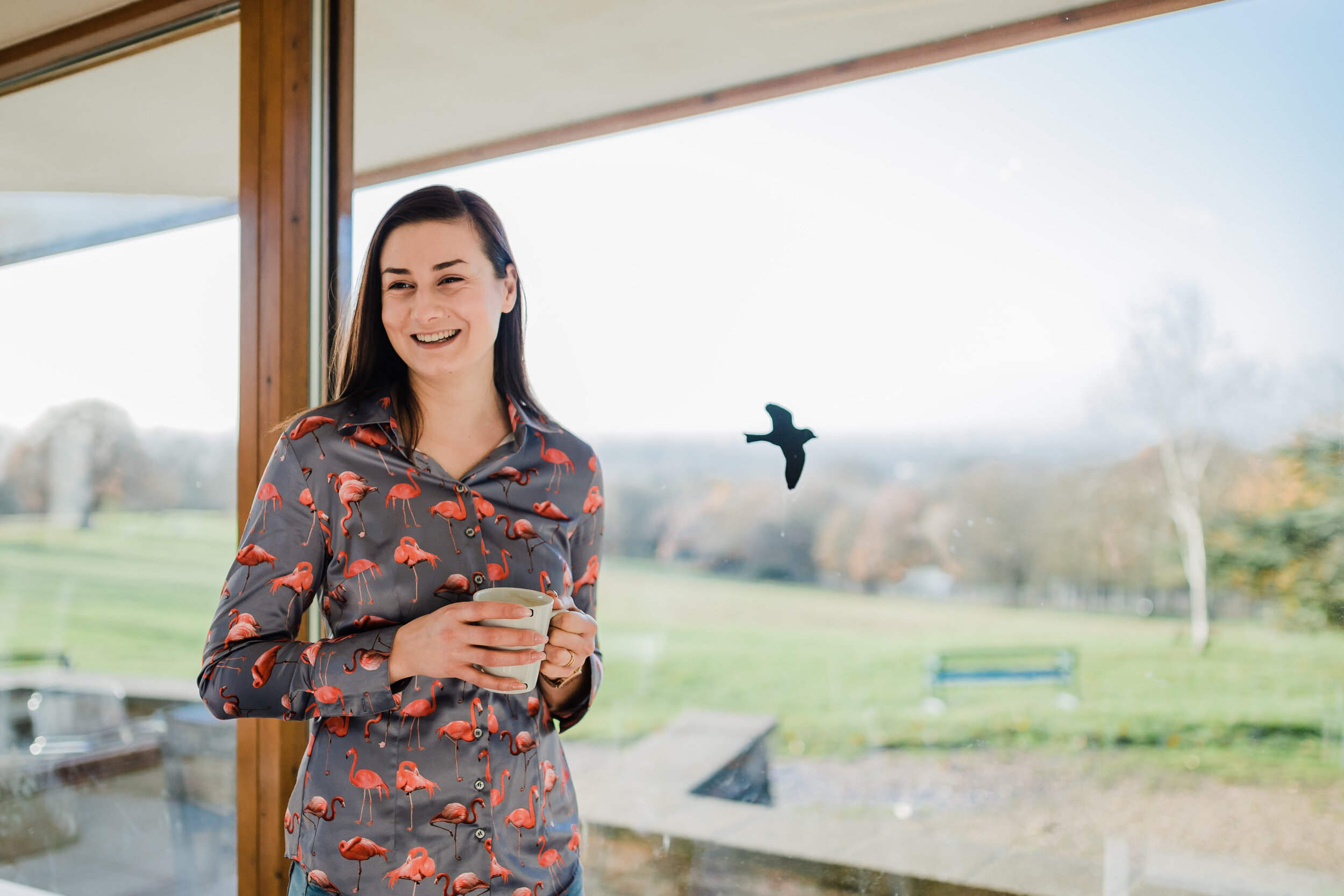
Personal Story
As a child, I saw dysfunction all around me, not only in my own family but also in my community. My parents had an abusive relationship with each other and divorced by the time I was 12, which was a relief for me.
In my community nobody talked about what happened at home, the words “what happens in the family stays in the family” were treated like a line from the bible. I should mention I grew up in Orthodox Christian Romania. In the families around me that seemed “normal”, I observed a coldness and lack of love that I knew instinctively wasn’t right.
Even at the age of 12, I had a strong sense of the potential of humanity but I did not see that in the world around me. So, I began searching for a different world. I would watch documentaries and interviews about humanitarian aid workers like UNICEF, I was attracted to the love and connection I saw in them. This was the world I wanted to live in.
As a child, I moved schools a lot and always managed to integrate myself easily into new environments and social circles. However, during my teenage years, I began to notice how this effective coping strategy had turned into people-pleasing, at the neglect of my own needs.
Whilst my friends had stronger boundaries and were able to communicate what was ok and what wasn’t for them, I struggled and often just went along with what others wanted.
When I failed to negotiate my needs, I would get angry and throw tantrums because I just didn’t know how else to get my needs met. Developing assertiveness and boundaries has been my life’s work. Looking back, it makes sense that I wasn’t aware of my needs or how to get them met.
As a single parent, my mum worked two jobs and although I had what I needed in a material sense, she just couldn't meet my emotional needs as well.
In College, I connected with one particular tutor who was teaching Romanian literature but would often bring in psychology. Inspired, I decided I wanted to be a psychologist. Unfortunately, my tutor had always talked about Freud, which meant the image I had of what a psychologist looked like didn’t quite match up with what I imagined for my future self. I also didn’t have the financial support to go and study full time, so I set off on a career path instead.
My first job was in film production. Despite having no previous experience of this I was a fast learner and within a year I was managing the whole department of 50 people.
I loved my job, but the pressure and lack of boundaries were causing me to burnout over and over again. I reached a breaking point when I received a work call whilst at the salon with my Mum (I was contracted to answer my phone 24-7). The colleague who called was so rude that I snapped back for the first time in my life, shouting and swearing back. My Mum was shocked, and so was I. I realised I had been ‘on’ all the time and had reached my limit.
People around me in this industry were coping by downing energy drinks and snorting lines of cocaine, and I wanted out. I handed my notice in and moved to a smaller company, believing that a step down would give me a better work-life balance. In reality, I encountered just as much abuse. I can see how this was partly due to my lack of boundaries, but at the time I decided it was the mentality of the country and left.
I moved to England and started from scratch. Before long I had achieved another managerial position in a company that sent me to work all over the country. Yet again, work had become the centre of my existence leaving little space for my wellbeing or goals.
I’d come across coaching 15 years previously, and from time to time it seemed to appear in my life like a sign. After a promotion I had been promised was withheld for longer than I was OK with, I finally said that’s it, I need to do what’s right for me. I studied for my coaching diploma alongside my job and eventually launched my coaching practice.
